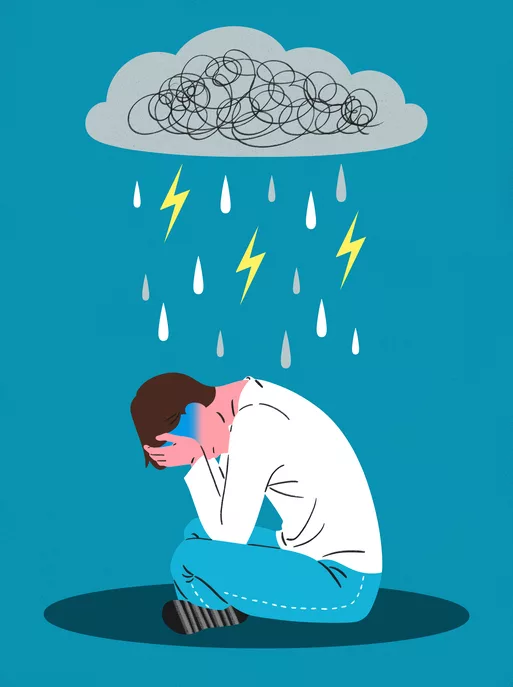Staying Healthy Without Exercise:
Dietary and Lifestyle Habits for Maintaining Health
Today, I want to talk about a topic I’m deeply interested in – maintaining health. There might be those among you who lack the time for exercise or perhaps don’t enjoy it, but don’t worry. There are ways to maintain robust health even without exercise. I’ll share some of the dietary and lifestyle habits I follow to keep healthy. Let’s dive in together.
Maintaining Health Without Exercise: Basic Principles to Know Before Starting
Exercise is an important element for maintaining health and a strong body. But what if you’re in a situation where you can’t exercise? Let’s explore how to maintain health through dietary and lifestyle habits without exercise.
Balance of Nutrients: Components of a Healthy Diet
For a healthy diet, it’s vital to have a balanced intake of nutrients. This means consuming an appropriate amount of carbohydrates, proteins, fats, minerals, and vitamins. For instance, carbohydrates serve as a primary energy source and can be found in grains, fruits, and vegetables. Proteins are essential for muscle formation and maintenance, available in meat, fish, and beans. Fats are needed for energy storage and function maintenance, and can be sourced from plant oils and nuts. Achieving this nutrient balance is key to a healthy diet.
The Importance of Whole Grains and Dietary Fiber: Maintaining Digestive Health
Whole grains and dietary fiber aid in maintaining digestive health. Whole grains contain dietary fiber and various nutrients that smooth the digestion process. Modern diets often include white rice or refined grains lacking in fiber, which can cause digestive issues. Therefore, it’s beneficial to choose whole grains like brown rice, barley, and oats. Dietary fiber also helps prevent constipation and promotes smooth digestion. It’s advisable to consume fruits, vegetables, and nuts to meet the recommended daily intake of fiber.
The Role of Protein: Essential for Muscles and Health
Proteins play a crucial role in muscle formation and maintenance. Even without exercise, proteins are essential for health. They can be obtained from meat, fish, beans, and nuts. Consuming the recommended daily amount of protein can prevent muscle damage and maintain a healthy body.
Understanding Fats and Healthy Fat Consumption
Fats are necessary for energy storage and function maintenance, but it’s crucial to consume the right amount and type of fats. Saturated and trans fats can negatively impact health, so it’s better to consume healthy fats found in plant oils and fish. Omega-3 fatty acids, beneficial for cardiovascular health, can be sourced from mackerel, tuna, and salmon.
The Importance of Hydration: Recommended Daily Intake and Benefits
Hydration plays a critical role in our bodies. The recommended daily water intake varies by individual physical condition and environment but generally ranges from 1.5 to 2L. Adequate hydration aids digestion, metabolism, and skin health. It’s beneficial to drink a variety of beverages, including tea, fruit juices, and vegetable juices, to ensure sufficient hydration.
The Power of Adequate Sleep: Sleep Management for Health Maintenance
Adequate sleep is crucial for health maintenance. During sleep, our bodies recover and tissues regenerate, so lack of sleep can negatively affect health. Adults are advised to get 7-9 hours of sleep per day, minimize phone or computer use before bed, and ensure a comfortable sleeping environment. Maintaining a regular lifestyle pattern and managing stress are also essential for good sleep.
The Relationship Between Stress Management and Mental Health
Stress can impact our mental health, so managing it is important for maintaining health without exercise. Meditation, yoga, and breathing exercises are effective stress management techniques. Finding positive elements in daily life and spending time with family or friends can also relieve stress.
Increasing Daily Activity: The Benefits of Walking and Standing
Increasing daily activity is important even without exercise. Walking is an easy and effective way to stay active. Practicing 30 minutes of walking a day can help maintain cardiovascular health and manage weight. Compared to sitting, standing or moving consumes more energy, so it’s beneficial to avoid sitting for prolonged periods.
The Importance of Regular Health Check-ups and Self-care
To maintain health without exercise, regular health check-ups and self-care are necessary. Health check-ups help monitor your health status and take appropriate measures. Self-care practices, such as maintaining a healthy diet, getting enough sleep, and managing stress, are crucial for health maintenance. Consistent practice of these elements can help maintain health.
We’ve explored how to maintain health without exercise through dietary and lifestyle habits. Consuming the right nutrients and maintaining an appropriate level of activity are crucial for our health. Let’s all enjoy a robust and healthy life without exercise, with continuous attention and effort required. 🌱💪🌿










Leave a Reply